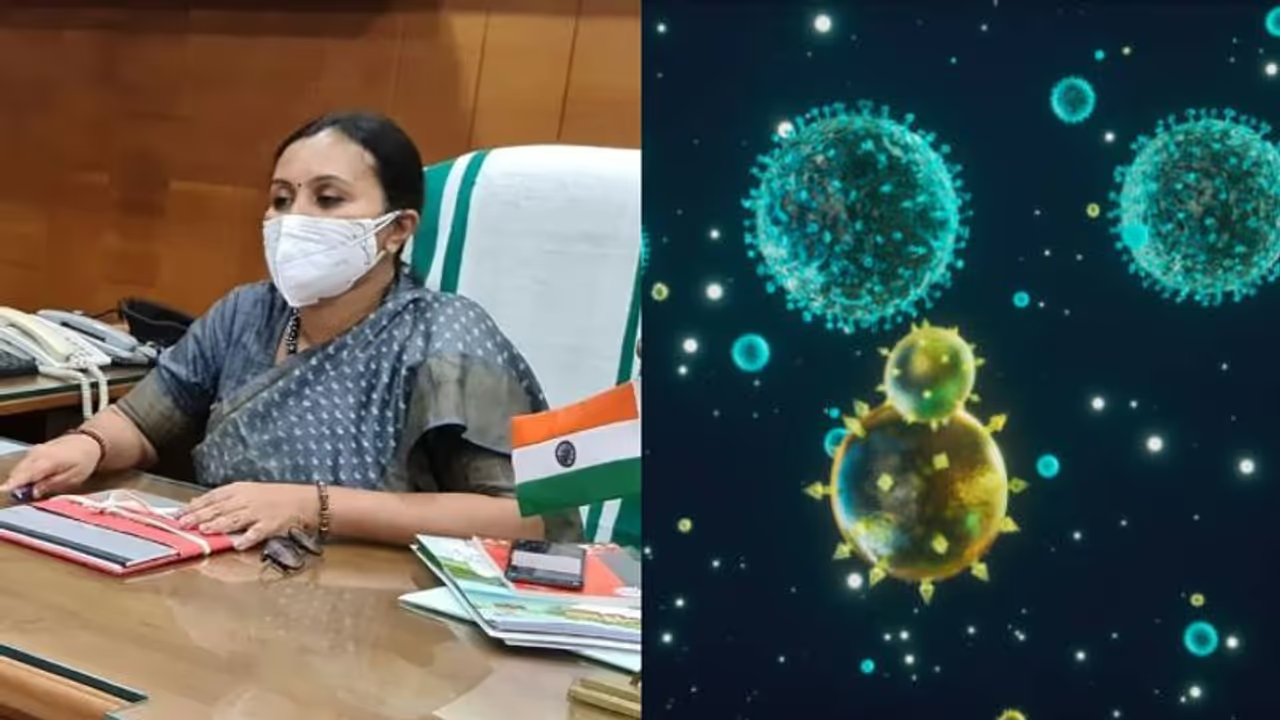Viral hepatitis is a significant global health concern, with millions of people affected worldwide. In Kerala, Malappuram district has seen a surge in viral hepatitis with two deaths recently.
Following the outbreak of viral hepatitis in Edakkara and Pothukal panchayats in Malappuram district, the health department has intensified preventive measures. In these areas, 152 people have been infected and 38 people have been hospitalized in two months. Recently two men aged 47 and 60 succumbed to the disease, said District Medical Officer Dr R Renuka. The district medical officer informed that prevention activities have been intensified in these areas under the leadership of the health department and with the cooperation of local government bodies and other departments.

There are numerous health awareness initiatives underway in the region. Six wells had their water tested, and the results showed that three of the wells had unsuitable water for consumption. Water quality has been improved by chlorinating the nearby wells once every three days, as a result of the efforts of health professionals. Health professionals and Asha workers visit homes to raise health awareness with the aid of volunteers.
What is Viral Hepatitis?
Viral hepatitis refers to liver inflammation caused by infection with one of several viruses labeled as hepatitis viruses, namely hepatitis A, B, C, D, and E viruses. These viruses differ in their modes of transmission, severity of illness, and long-term consequences.
What are the symptoms?
A person will typically experience symptoms within 14-28 days. The symptoms include jaundice, fever, diarrhea, dark-coloured urine, malaise, abdominal pain, nausea and low appetite.
Preventive measures:
1. Vaccination: Vaccines are available for hepatitis A and B. Vaccination is one of the most effective ways to prevent hepatitis infections. It is recommended to receive the hepatitis A and hepatitis B vaccines as part of routine immunization schedules.
2. Practice Safe Hygiene: Ensuring good hygiene practices, such as regular handwashing with soap and water, especially after using the bathroom and before handling food, can help prevent the spread of hepatitis A and E, which are primarily transmitted through the fecal-oral route.
3. Safe Water and Food: In areas where hepatitis A and E are prevalent, it's important to drink clean, safe water and consume food that has been properly cooked and prepared. Avoiding raw or undercooked shellfish, fruits, and vegetables that may have been washed in contaminated water can reduce the risk of infection.
4. Get Tested and Seek Treatment: Individuals at risk of hepatitis infection, such as those with a history of injection drug use, unprotected sex with multiple partners, or healthcare workers, should undergo regular testing for hepatitis B and C. Early diagnosis and treatment can help prevent the progression of liver disease and reduce the risk of complications.
5. Screen Blood Donations: Screening of blood donations and blood products for hepatitis B and C viruses is essential to prevent the transmission of these viruses through blood transfusions.
